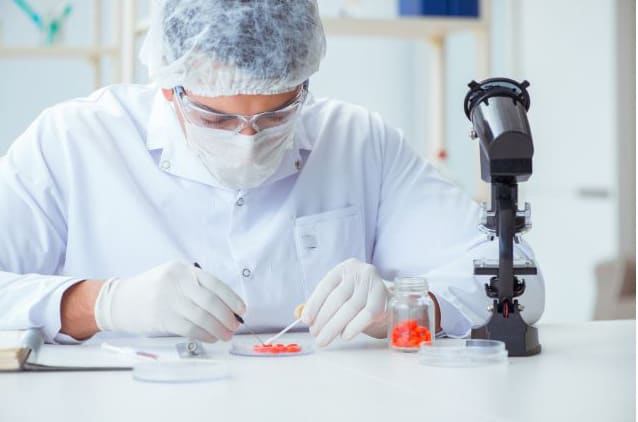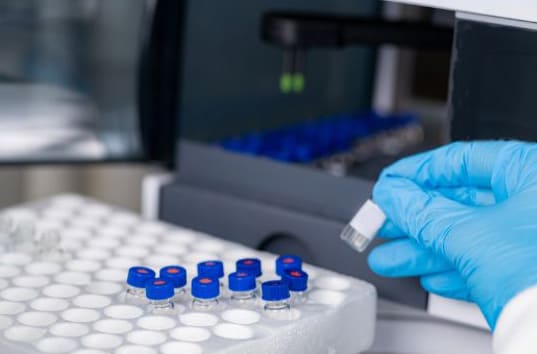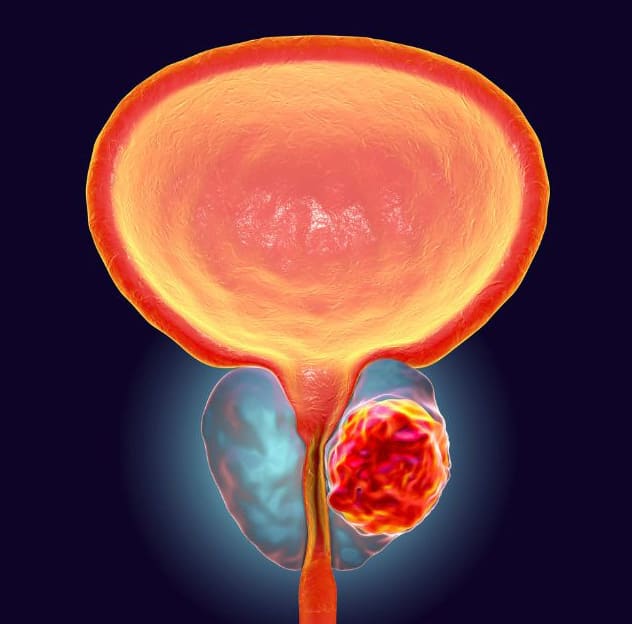Prostate cancer can be sneaky. It often grows quietly, without setting off any alarms, until it’s already spread and become much harder to treat. While traditional treatments like surgery, chemo, and radiation can work, they’re not always kind, bringing side effects like exhaustion, bladder troubles, and a big impact on daily life. And even when they do work at first, cancer can sometimes find a way to fight back.
But what if the answer isn’t inventing a brand-new drug from scratch? What if the solution is already sitting in our medicine cabinets?
That’s the exciting idea behind drug repurposing—and for men facing advanced prostate cancer, it could represent a significant advancement in their treatment options.
What Exactly Is Drug Repurposing?
Think of it like this: You buy a kitchen gadget to slice apples, but then discover it’s amazing at peeling potatoes too. Same tool, new purpose.
In medicine, drug repurposing takes medications that are already approved for one illness and tests them to see if they can help with another—like prostate cancer. Since these drugs have already passed tough safety tests, scientists can skip some early stages of research and move faster (and cheaper) toward clinical trials.
And when you’re dealing with a fast-moving disease like cancer, speed matters.
Why Prostate Cancer Needs Fresh Ideas

Here’s why this approach is so important:
- It’s a quiet enemy: Prostate cancer can grow for years without any symptoms. By the time it’s caught, it might have already spread.
- The treatments are rough: Radiation and chemo don’t just attack cancer—they hit healthy cells too, causing side effects that can seriously hurt your quality of life.
- Resistance is real: Over time, many prostate cancers outsmart the treatments meant to stop them. When that happens, options can run out fast.
Repurposing drugs could give us a faster, smarter way to fight back—without always starting from zero.
How Scientists Are Finding These Hidden Heroes
Researchers have a few tricks up their sleeves:
- “Huh, that’s interesting” moments: Sometimes doctors notice that patients taking a drug for something else seem to do better with their cancer, too. That’s how ormeloxifene, a contraceptive, was discovered to block proteins that help prostate cancer spread.
- Massive lab screenings: Picture speed-dating for drugs. Scientists match thousands of existing drugs with cancer cells to see which ones slow down or kill the disease. That’s how atorvastatin (a common cholesterol drug) caught their attention.
- Computer wizardry: By crunching massive datasets, computers can predict which drugs might work against cancer—even if no one’s thought of it yet. Zenarestat, originally aimed at diabetes, is one such surprising find.
Some Familiar Names Showing Serious Potential

Here are a few everyday meds making waves:
- Metformin: This diabetes drug starves cancer cells by messing with their energy supply.
- Aspirin: It’s not just for headaches. Aspirin’s anti-inflammatory powers may actually slow tumor growth.
- Niclosamide: Once used to treat tapeworms (yes, really), it can shut down critical cancer cell communication lines.
- Itraconazole and Atorvastatin: An antifungal and a statin might team up to block the blood vessels that tumors need to grow.
How These Drugs Work Differently
Unlike chemotherapy, which often blasts everything in sight, repurposed drugs often take a more targeted approach:
- Starve the cancer: Like cutting off a power grid, metformin deprives cancer cells of the energy they need.
- Disrupt the gossip: Niclosamide shuts down the chemical chatter that helps cancer survive and spread.
- Reduce inflammation: Chronic inflammation is like fertilizer for tumors—aspirin helps cut it off.
- Block blood supply: Some drugs prevent tumors from building new blood vessels to feed themselves.
Early Wins and Hopeful Signs
Some early studies are pretty encouraging:
- Men taking low-dose aspirin regularly had a 30% lower risk of dying from prostate cancer, according to The Lancet Oncology.
- Trials with metformin are showing reductions in PSA levels—a key cancer marker.
- In animal studies, niclosamide helped shrink tumors and stop them from spreading.
Of course, bigger clinical trials are still needed to confirm all of this. But the momentum is real.
The Roadblocks (Because Nothing’s Ever That Simple)
There are still some bumps to smooth out:
- Finding the right dosage: The amount needed for cancer might be different from the original purpose.
- Personalizing treatments: Not all prostate cancers are the same. What works for one man might not work for another.
- Money issues: Many repurposed drugs are cheap and out of patent, meaning big pharmaceutical companies aren’t exactly racing to fund expensive new studies.
- Red tape: Even safe drugs have to pass new cancer-specific tests before doctors can prescribe them for prostate cancer.
Looking Ahead

The future could look a lot like personalized playlists—except instead of songs, it’s custom combinations of repurposed drugs tailored to your specific cancer. Thanks to AI and genetic testing, that dream is getting closer every year.
Already, trials are underway testing drugs like metformin and aspirin against prostate cancer. If you’re interested, talk to your doctor about whether joining a clinical trial could be an option.
Final Thoughts
Prostate cancer is still a huge challenge. But by thinking outside the box—and looking inside our existing medicine cabinets—scientists are finding new weapons.
Hope could already be within reach, inside medicines we’ve trusted for years.
If you or someone you love is navigating prostate cancer, staying informed about drug repurposing could open doors to exciting new possibilities. 🌟

